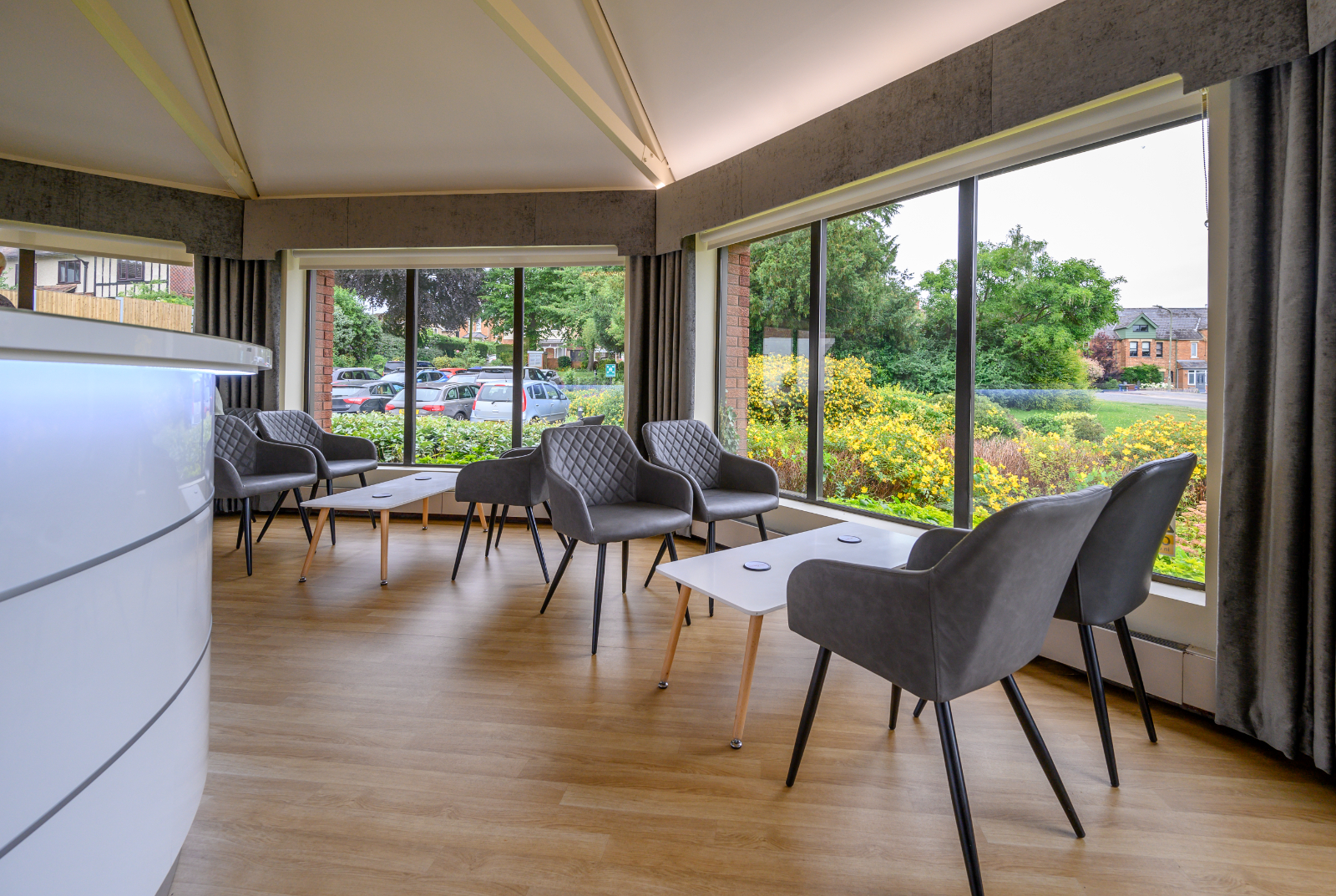Contents
Shoulder Impingement
Shoulder impingement syndrome—sometimes called sub-acromial impingement—is one of the most common causes of shoulder pain, particularly in people who perform repetitive overhead activities or sports. At The New Foscote Hospital, Banbury, our consultant-led team offers fast diagnosis, evidence-based treatment and personalised rehabilitation in a single, state-of-the-art facility.
What Is Shoulder Impingement?
Inside the shoulder, the rotator-cuff tendons and a fluid-filled sac called the sub-acromial bursa pass beneath a bony arch (the acromion). When this space narrows—due to inflammation, bone spurs or muscular imbalance—the tendons become trapped and irritated, causing pain and reduced movement.
Common Symptoms
- Dull ache on the outer, upper arm
- Sharp pain when lifting the arm above shoulder height or reaching behind the back
- Night pain, especially when lying on the affected side
- Weakness or a catching sensation during overhead activities
- Difficulty fastening a bra, putting on a jacket or playing racquet sports
When To Seek Medical Advice
Mild symptoms that settle within a fortnight of rest and over-the-counter pain relief can usually be self-managed. See a specialist promptly if you experience:
- Persistent pain lasting more than two weeks
- Sudden loss of strength or range of motion
- Pain that disrupts sleep
- Previous shoulder surgery or injury
Early assessment helps to prevent progression to rotator-cuff tears or frozen shoulder.
Diagnosis at The New Foscote Hospital
- Consultant assessment – Your appointment is led by one of our consultant orthopaedic surgeons, with time to discuss your goals and lifestyle.
- On-site imaging – We offer same-day ultrasound and MRI scanning to visualise the rotator cuff and bony arch.
- Dynamic testing – Ultrasound-guided movement studies pinpoint exactly where the tendons are being pinched.
All investigations happen under one roof, so you leave with a clear diagnosis and treatment plan.
Treatment Options
Non-surgical
Physiotherapy — a personalised programme with our in-house Physiotherapy team focuses on posture, scapular control and rotator-cuff strengthening.
Activity modification & taping – adapt training loads while tissues heal.
Targeted steroid or PRP injections – ultrasound-guided for precision pain relief.
Surgical
Arthroscopic sub-acromial decompression – keyhole removal of impinging bone spurs and inflamed bursa.
Rotator-cuff repair – if imaging shows a full-thickness tear.
Shoulder replacement – reserved for severe, arthritis-related impingement; see Shoulder Replacement Surgery.
Why Choose The New Foscote Hospital?
- Consultant-delivered care at every visit – no waiting lists.
- Integrated pathway: diagnostics, day-case surgery and rehabilitation under one roof.
- CQC-rated “Good” hospital with modern theatres and ensuite patient rooms. cqc.org.uk
- Dedicated patient-co-ordinators to arrange appointments around your schedule.
- Free on-site parking and easy access from Oxford, Warwick, Northampton and the Cotswolds.
Frequently Asked Questions
Is shoulder impingement the same as a rotator-cuff tear?
No. Impingement is tendon irritation caused by narrowing of the sub-acromial space; it can, however, lead to a tear if untreated.
How long does recovery take?
With physiotherapy, many people notice significant improvement within 6–8 weeks. Post-surgery rehabilitation may take 3–6 months.
Will I need an injection?
Not everyone does. We usually start with exercises; an ultrasound-guided injection is offered if pain limits progress.
Ready To Move Without Pain?
Book a consultation with one of our shoulder specialists today.

Orthopaedic Consultant
Our distinguished team of orthopaedic consultant is here to provide expert support and personalised care.
9 July 2025

